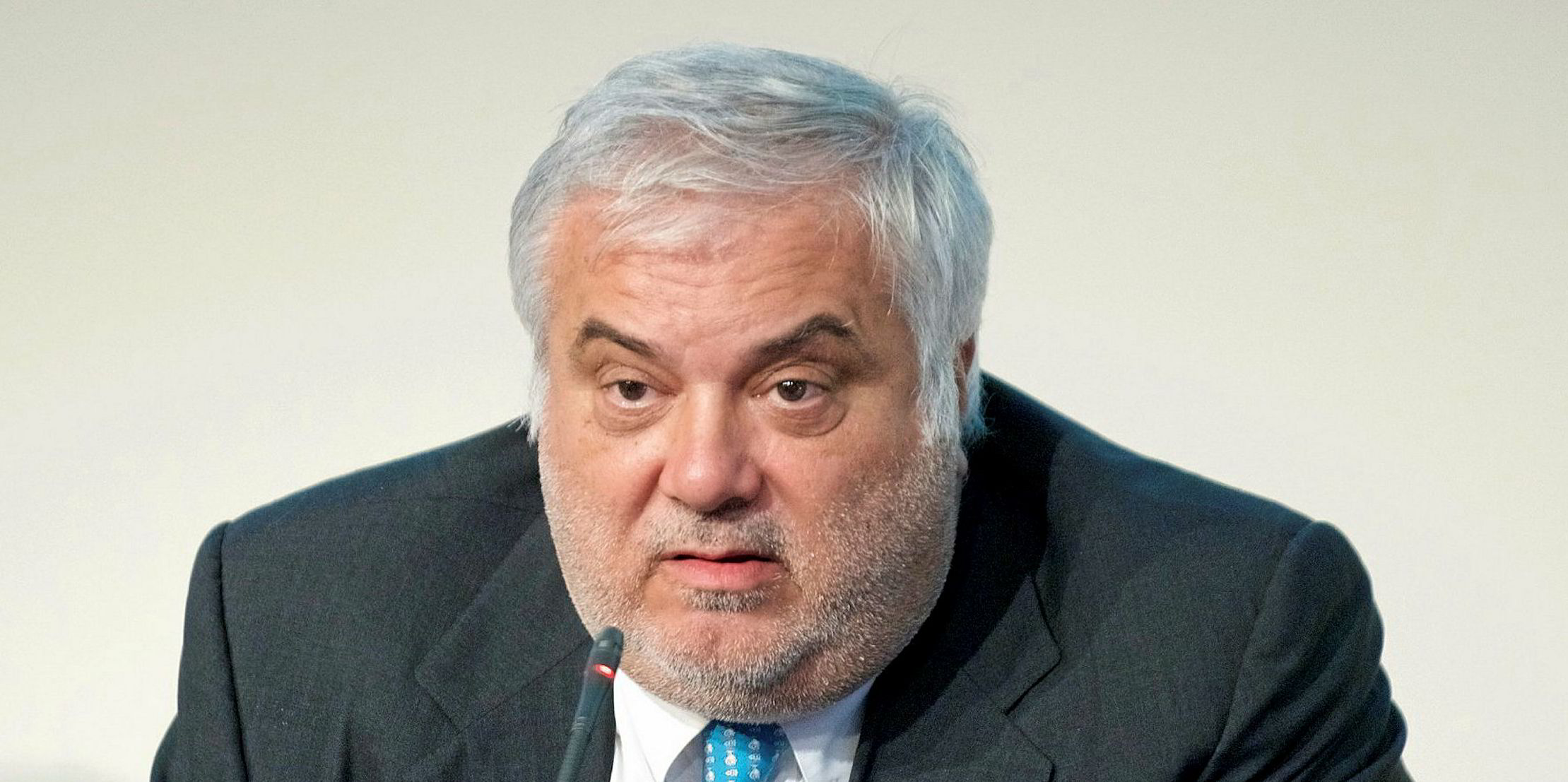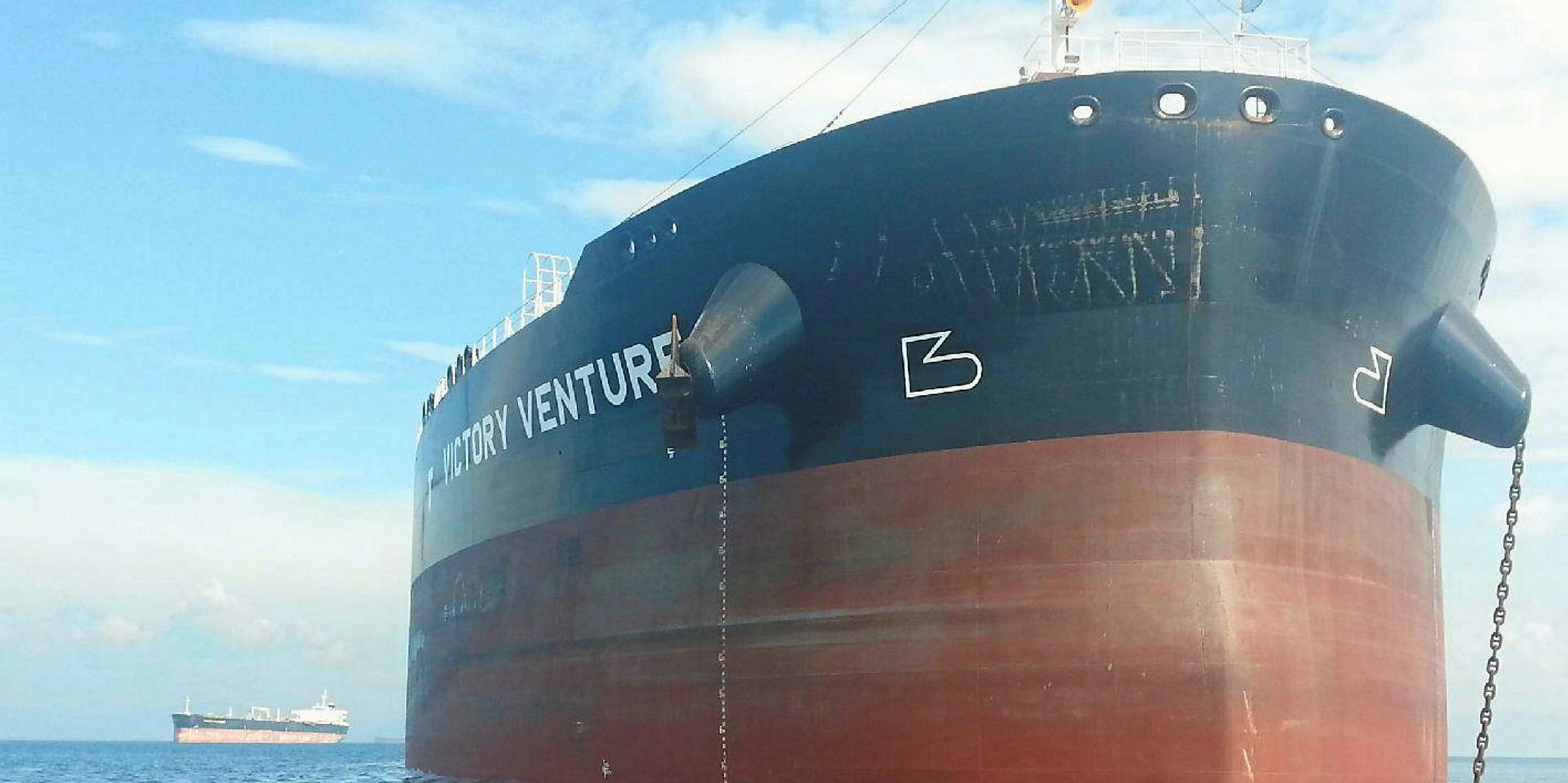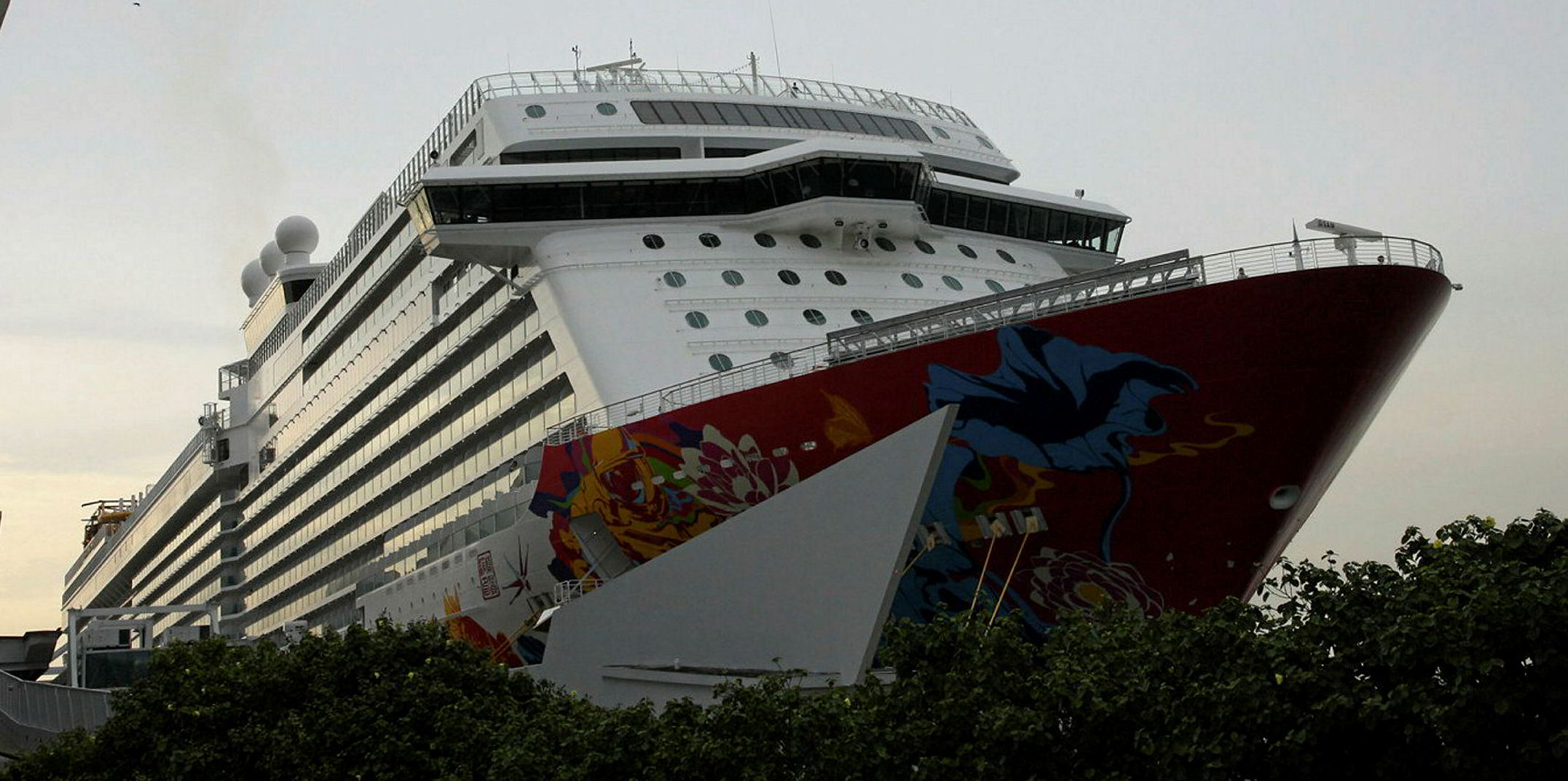Product tanker owners are holding a pessimistic market view for the near term, with the Covid-19 coronavirus epidemic leading to lower oil demand, port delays and little interest for period charters.
In a Capital Link webinar held on Friday, several European owners expressed the uniform view that vessel earnings would stay low until the outbreak recedes.
“The overall sentiment is certainly down,” Concordia Maritime chief executive Kim Ullman said.
Since the novel, deadly coronavirus was first reported in Wuhan, central China at end-2019, average LR and MR spot earnings have fallen by about 30%, according to Clarksons Platou Securities.
The brokerage assessed LR2 earnings at $20,200 per day, LR1 at $17,200 per day, and MR at $17,100 per day on Friday.
Global demand for oil products has been falling mainly due to lower consumption in virus-hit China, undermining seaborne trade prospects.
The International Energy Agency has forecast global oil consumption will fall by 435,000 barrels per day from the year-ago level in the first quarter, the first quarterly fall in more than 10 years.
“Oil [demand] will be definitely negatively impacted, but we don't know as to what extent” as the epidemic is still evolving, according to Pyxis Tankers president Valentios Valentis.
Moreover, brimming tanks and virus containment measures have resulted in port delays in China, which often leads to loss of employment time of tankers.
“Legally, most of the charter partners are putting that time [spent at ports] on our account, and we're struggling to [get it to be] counted as laytime,” Ullman said.
With weak trade prospects, oil firms have also become much less unwilling to offer period charters – a sharp reversal from their keen interest seen at the beginning of the year.
“The market has no liquidity,” said Premuda chief executive Marco Fiori, whose company is time charter-oriented.
“The time charter market has really vaporized because there has been a change of sentiments of charterers. Nobody wants to [make] commitment for longer periods, [like] for one year, two years.”
Silver linings
In terms of market impact, there have been some developments acting to mitigate the negative impacts of the outbreak to small extents.
With weak domestic demand in China, Kpler estimated Chinese exports of petroleum products rose 27% year-on-year between 22 January and 11 February.
“We have seen ... some more exports out of China,” Ullman said. “Not that has had any big impact on the market in any way.”
Chinese yards are expected to encounter significant delays in newbuilding deliveries for the first half of this year, with travel restrictions and other measures to control the epidemic keeping them running at below full capacity.
“Definitely there will be delays of newbuilding vessels, that goes without saying,” said Valentis, suggesting that such events can reduce fleet growth.
The owners are hoping that China would unveil stimulus measures when the epidemic is over, which would revive tanker trade prospects.
“As soon as the virus is over, the Chinese will do whatever it takes to get the economy back [on track],” Valentis said. “I am optimistic.”






